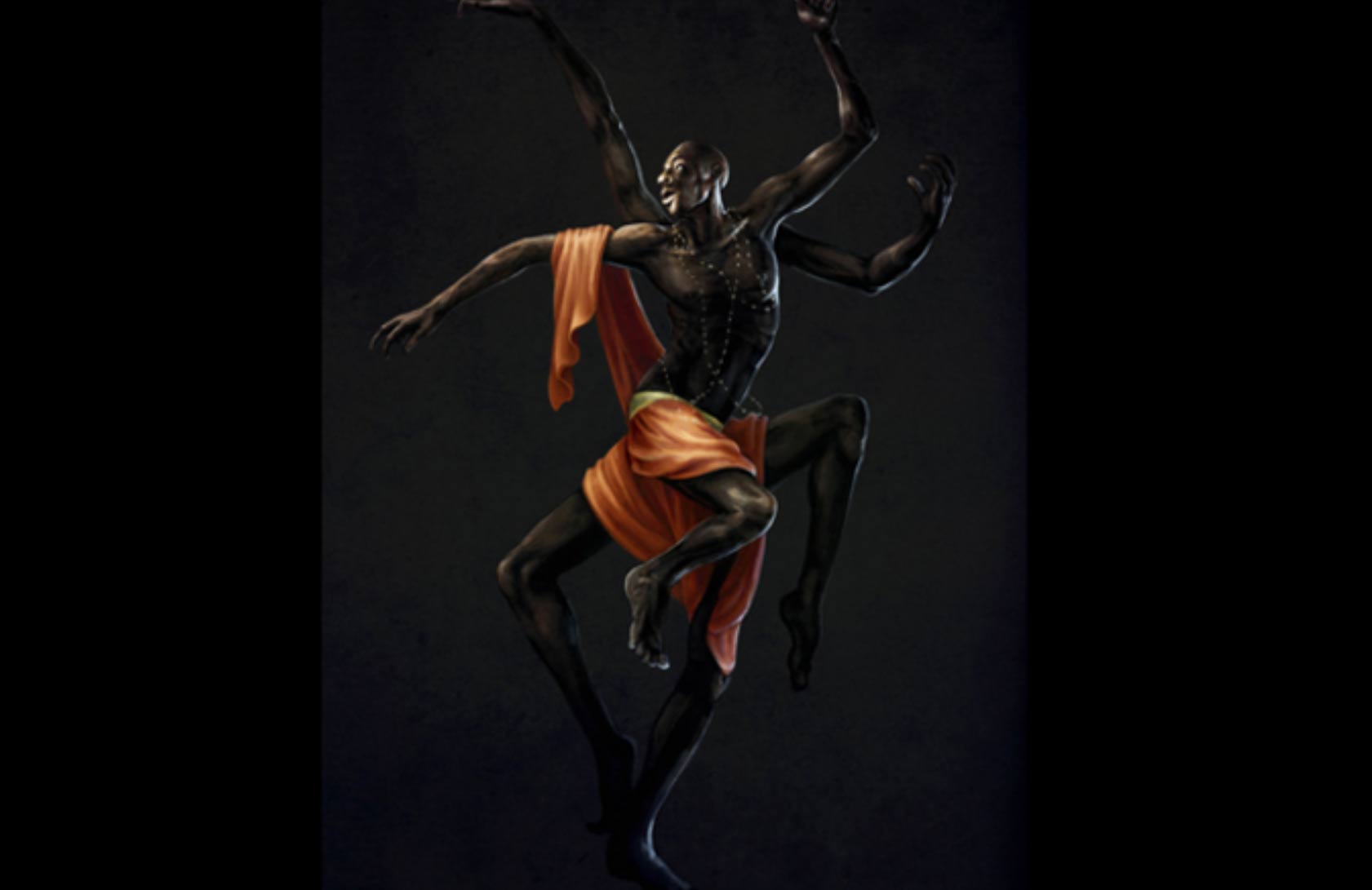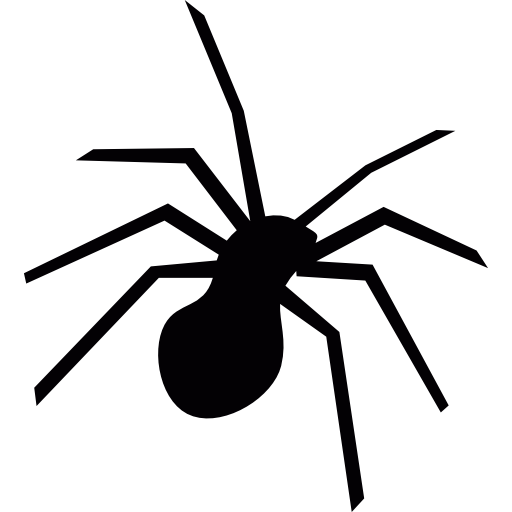The first time I heard about Oduduwa is still vividly emblazoned in my mind. I was a little boy of 7. Yet, what unfolded right in front of me caused my mind to gallop into an imaginative frenzy―that someone as awesome as this was my forefather, that he lived on the land I now live, that he spoke the same language I now speak and probably had Iyan and Egusi soup as his favourite dish too. That day, I became ecstatic about the folklore and tales of dignified personalities of the Yoruba and the Òrìsà Pantheon and their stories have since stayed with me.
The tales of Sango, Ogun, Oya, Osun and the other Òrìsàs were like good music to my soul. I felt an unexplainable joy. I still have same feelings about them now and I strongly doubt that I will ever outgrow it. In fact, when I was much younger, my friends and I had our favourites: fascinated by the fact that he was the god of lightening and could manipulate fire, I was stuck on Sango, going as far as making for myself a battle axe like his. Some of my friends made sport out of gathering cowries just to show-off their love for Osun, the river goddess while some went fiery for Ogun, the god of war.

However, a look at our society today seems to ooze of a gradual, consistent decline of theknowledge of these mythical heroes as well as legendary men and women. They have beenand are being banished from our minds and from our societies.
I was opportune to speak with a group of young minds recently and I was left in shock when Irealized that most of them, though were Yorubas, did not know Sango and Ogun – two of the most popular Yoruba deities, I believe. Painful also was that more than a handful of them had ‘Ogun’ as part of their surnames while the straw that broke the camel’s back was that these younglings went thrilled at the mention of the names of Hollywood superheroes and Western legendary figures.

I was not entirely surprised though as the images of these characters where everywhere: on their shirts, pens, books, bags…This, to a large extent, shows how some of the most important components of our culture is being left to be forgotten without being properly passed on to new generations – a valid way to ruin our cultural heritages, values and identities and to reduce them to mere vestiges.
The west and their attendant influences such as Hollywood might appear the chief culprit in this charade. Nevertheless, it will be totally wrong to categorically point accusing fingers at them since charity begins at home. Our very own movie industry in Nigeria, Nollywood, which should have been a vehicle for passing our ideas and keeping our own ways alive for younger generations has been doing much less of that and that has contributed immensely to this fade of our cultural heritages and identity.
Our system of education also to a large extent seems to speak less and lowly about things that are indigenous and speak so highly of things that are foreign. For example, children are taught poems like “Twinkle Little Stars” and “London Bridge is Falling Down” in Schools to the detriment of witty indigenous poems that are ornaments for persuasive speech and deep though arcane verses from the Ifa Corpus (Odu Ifa) which use natural phenomena as classroom templates.

In most of our homes too, mentioning names of our deities are frowned at while parents happily give their wards nicknames as Thor. This goes to show that the way we communicate some of the things we traditionally say and the things we traditionally do has been unrefined and bland, failing to evolve enough to capture the attention of younger generations and the people at large
The way we tell the stories of our legendary figures, ancestors and heritages as a whole needs to be rebranded. Animations – just like Commotion studio is currently doing with the Sango story – should be considered. Movies and documentaries that tell stories in new and fresh perspectives should be embarked upon. For instance, instead of telling the story of Sango or Ogun in the ordinary and bland way, a leaf should be drawn from Hollywood’s renditions and depictions in projects as “God of War” or “Thor”. After all, a decent nexus can be drawn between those characters and that of Africans, Yorubaprecisely.
In any case, attention should be awarded to how we tell our stories so that they can garner the attention of incoming generations. If drastic actions are not taken, our cultural heritages and our pristine identities may not recover from this slippery slide and unguarded free fall into the bin of forgotten history.
Join the Oriire Community
Become a free member to get the monthly roundup, comment on articles and bookmark your favourites





















Share
0 Comments